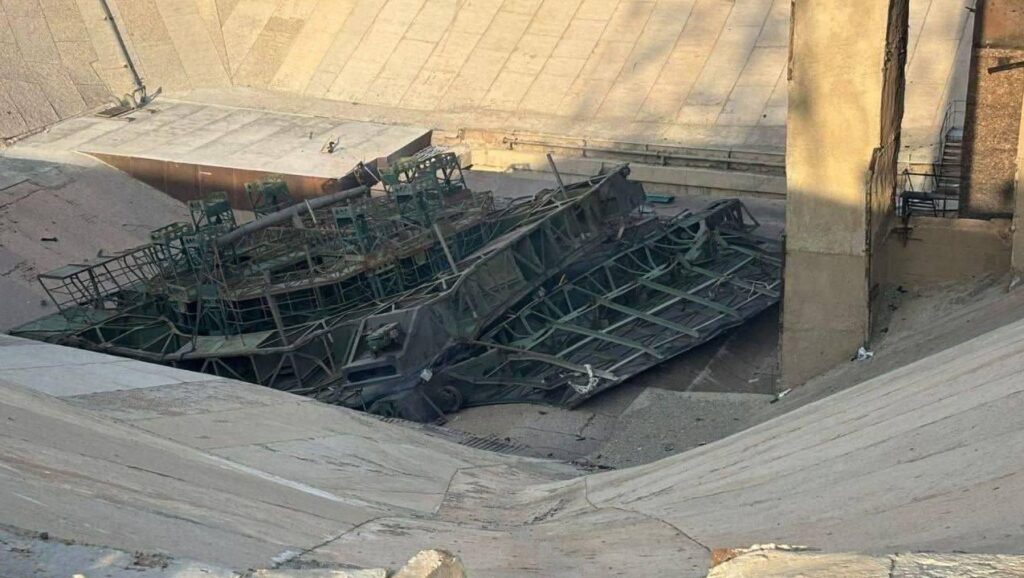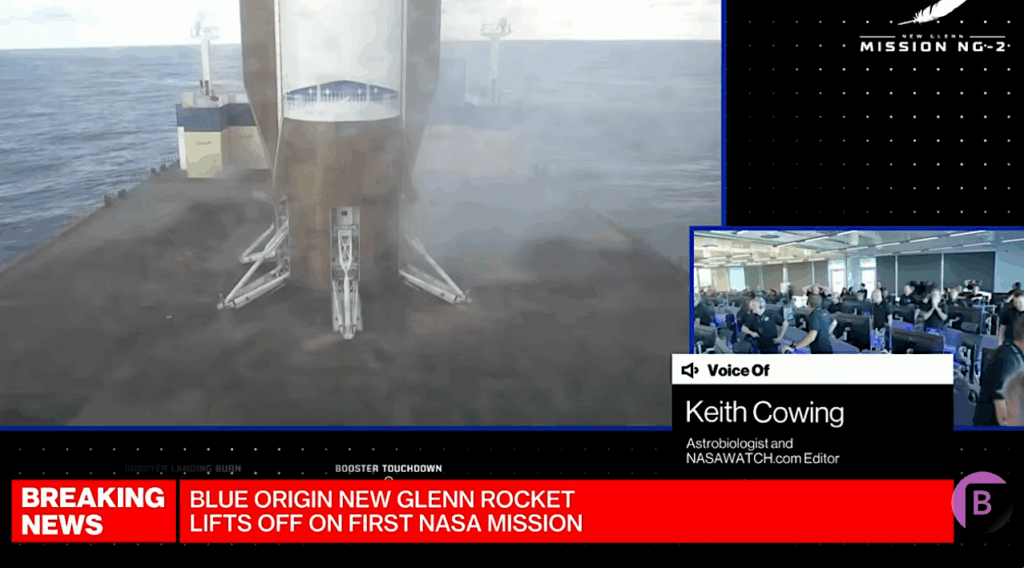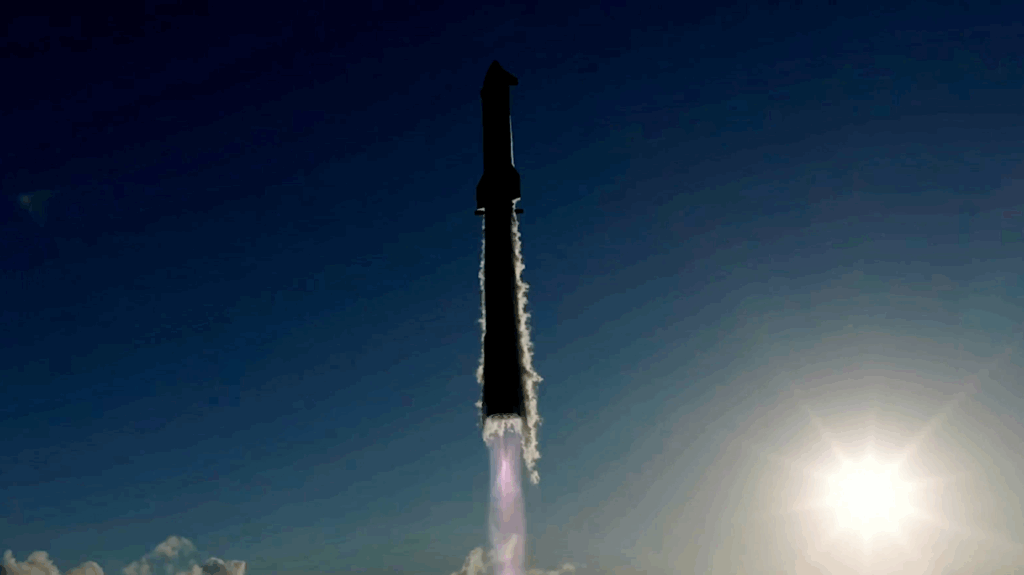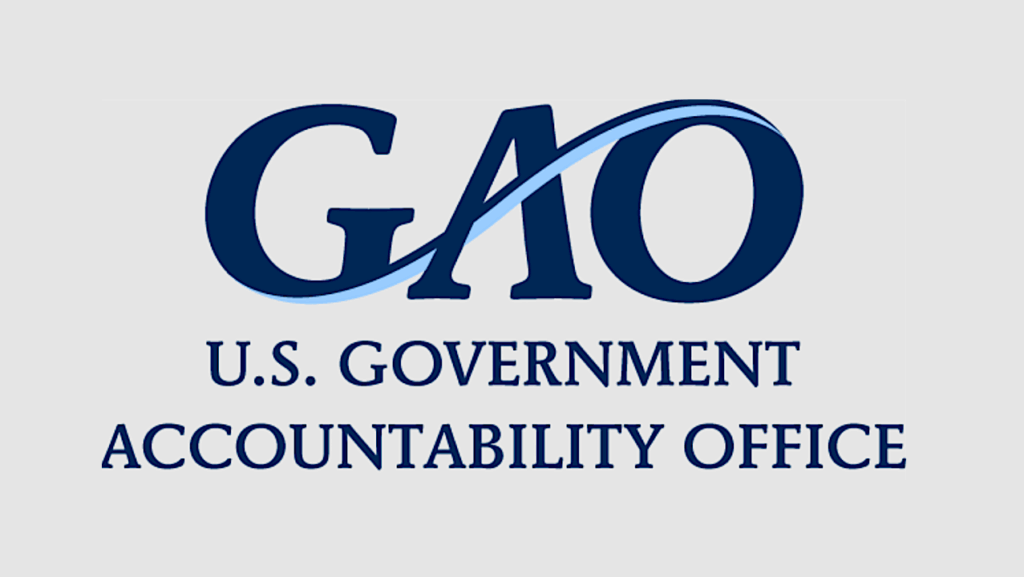A Remarkably Ignorant Posting from a Former NASA History Writer
Commercial spaceflight, David Portree, EarthSky Blogs
“I think that the odds are against it mainly because piloted spaceflight is expensive and difficult. I think that its inevitable that, assuming any tourist spacecraft are built, one will fail early on and kill its wealthy passengers. When it does, the fledgling industry will die … Newspace people like to use the early days of aviation as an analogy, but it doesnt make sense. Aviation worked because it provided a better way of accomplishing something people wanted done; that is, traveling quickly to and from cities and countries where they had business. Tourist spaceflight wont do anything similar any time soon.”
 Editor’s note: People dismissed air travel (and train travel) in similarly disparaging terms when these new modes of transportation – to new destinations – were just emerging. This historian clearly hasn’t read very much history. You can bury your head back in the sand now, David.
Editor’s note: People dismissed air travel (and train travel) in similarly disparaging terms when these new modes of transportation – to new destinations – were just emerging. This historian clearly hasn’t read very much history. You can bury your head back in the sand now, David.
 Editor’s Update: David Portree has now banned me from posting on his blog and deleted my posts. Yet he left references to my earlier posts (by name) in his own postings – yet denies that he deleted my comments. How strange.
Editor’s Update: David Portree has now banned me from posting on his blog and deleted my posts. Yet he left references to my earlier posts (by name) in his own postings – yet denies that he deleted my comments. How strange.
 Editor’s Update: Now my posts are all back – and David Portree claims he had nothing to do with their removal – rather, that they were suddenly labeled “spam” and that some evil software is to blame. Funny – only my posts were in limbo as “spam” – no one else’s were. Of course, I am still unable to post anything there – yet Portree claims he is not blocking me from posting.
Editor’s Update: Now my posts are all back – and David Portree claims he had nothing to do with their removal – rather, that they were suddenly labeled “spam” and that some evil software is to blame. Funny – only my posts were in limbo as “spam” – no one else’s were. Of course, I am still unable to post anything there – yet Portree claims he is not blocking me from posting.
Comments? Send them to [email protected]. Your Comments thus far:
In my opinion, David Portree is correct. The only reason the commercial space ventures are cheap is that they aren’t constrained to be as safe as NASA operations. The FAA has yet to get involved to the degree they are in civil aviation. After the first deadly accident (and law suits) this will change. The necessary safety regulations will be applied with the likely outcome that the industry will wither under the costly requirements. Remember, Boeing bets the company every time it designs a new aircraft and a lot of the costs comes in certifying new technology.
I must say that I both agree and disagree with points that each side is making here. First, with the level of technological and systems engineering know-how we have today, I do not believe that it is a forgone conclusion that there WILL be a space-tourism accident. When you add in some human error, I admit it is a possibility, but I still do not see it as a probability.
Secondly, I do not think that, if an accident did occur, it would necessarily doom the industry. Why? Actually, it is because I disagree with the analogies being drawn between space tourism travel and early air travel. Like others have said, air planes represented a quantum leap in our ability to do something we already needed to do, at a much faster clip. That is, get from point A to point B. The Titanic disaster did not kill the big liner industry because, at the time, how many options were there for getting from one side of the ocean to the other? If 747’s had existed in 1912, and were just as cheap, you can bet that the popularity of crossing the ocean on a ship would have taken a nose dive. Don’t get me wrong, I love all this investment into the space tourism industry, but no one really NEEDS it. I like it because it advances the general state of the art, but going into sub-orbital, or even orbital flight, is not going to fill some crushing need. People WILL do it for the adventure. People with too much money lack the everyday adventure most of us have in just trying to make ends meet (avoiding being off-shored, keeping the family fed and housed – I can’t take much more adventure!). A key component to adventure is a sense of danger. One or maybe even two accidents will only heighten the sense of danger.
I’m sure someone will mention the state of today’s cruise industry. We have cheap air tickets today, so why are there still millions of people on boats? For the most part, it is relatively inexpensive “fun”. Agents have, however, reported a downturn after some of the recent cruise ship health scares.
All that being said, if we somehow discover that it is easier to cure cancer on-orbit, win at blackjack, or even treat erectile dysfunction, AND make it as cheap as taking a cruise, THEN the space ports of the world will begin looking like O’Hare on the day before Christmas.
While I can’t say that I agree with Mr. Portree’s comments, there is one fundamental difference between the early days of aviation a century ago and today’s fledgling space tourism activities. That difference is the per capita lawyer population and the willingness of today’s society to sue anyone for any frivolous thing at a moment’s notice. One only need look at today’s Washington Post and the ludicrous case of the lawyer’s pants to understand this. Today’s society is completely risk averse and I’m sure that the first space tourism death will bring not only lawsuits from the deceased’s heirs but also a full court press for onerous government regulation.
I just love “naysayers”! They provide such great humor for the next generation! TAKE YOUR PICK FROM QUOTES BELOW… (Have fun!)
“I hope none of you gentlemen so foolish as to think that aeroplanes will be usefully employed for reconnaissance from the air. There is only one way for a commander to get information by reconnaissance and that is by the use of cavalry.” – (Gen. Douglas Haig, British Army Staff College, circa 1908)
“We do not consider that aeroplanes will be of any possible use for war purposes.”- (The British Secretary of State for War, 1910)
“We place absolute confidence in the Titanic. We believe the boat is unsinkable.” – (White Star Line Vice President P.A.S. Franklin April, 1912)
“There is no likelihood man can ever tap the power of the atom.”- (Robert A. Millikan, 1928 speech to the Chemists’ Club of New York)
“This foolish idea of shooting at the moon is an example of the absurd length to which vicious specialization will carry scientists working in thought-tight compartments.”- (N.Z. Physics Professor A.W. Bickerton, 1929)
The idea of space travel is “utter bilge.” – (1957, Dr. Richard van der Riet Wooley, U.K., former Royal Astronomer)
“Space exploration with humans is about over.”- (Univ. of Maryland Professor Robert Park, 2005)
The NewSpace crowd is not asking for NASA (taxpayer) money. They are asking for NASA to adhere to national space transportation policies that have consistently stated that NASA must purchase commercial services when possible and to not compete with commercial providers:
http://www.ostp.gov/NSTC/html/pdd4.html (1994)
http://ostp.gov/html/Space_Transportation_Policy05.pdf (2005)
The desired outcome is a savings for the government, giving Administrator Griffin his “fondest wish” – that is, to concentrate on those frontier tasks that NASA does well, and let free enterprise do what it does well.
I’m sorry, but I have to agree with David Portree. Not so much because of the effect of a space tragedy but because the economics aren’t there. I site the cancelling of the US supersonic transport as an analogy, which I thought was really short cited at the time. But now almost 40 years and significant technical advances later none are flying because they are still not economically viable. The cost of going to space, especially orbit, is way beyond the SST costs.
Keith, Agree with you wholeheartedly on your critique of David Portree’s article. You need look no further than to the Titanic. It’s been 95 years since her sinking. 337 passengers in First Class lost their lives and the luxury cruise industry has done nothing but flourish ever since. Personal wealth hardly dispirits the adventure-seeker, eh?








